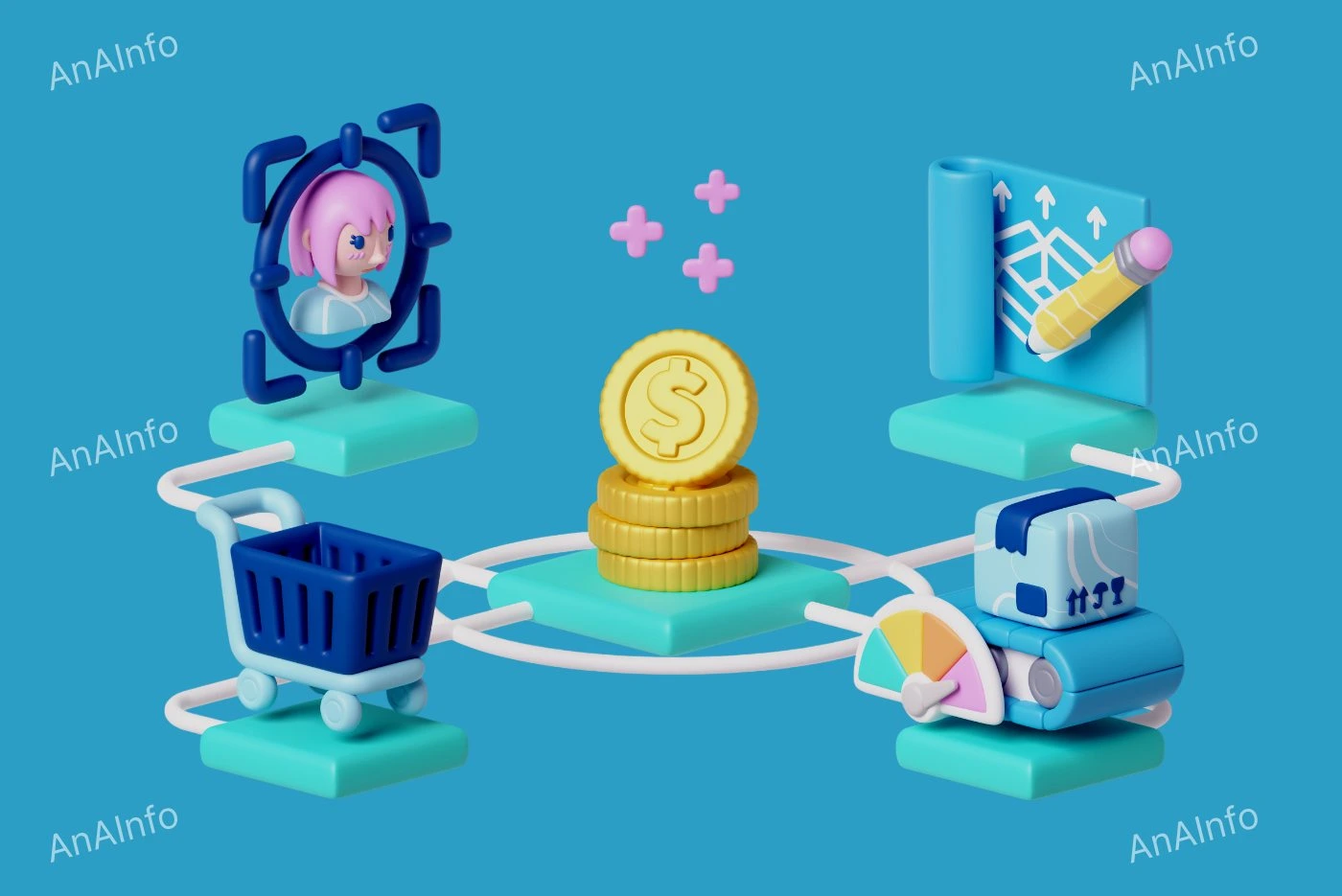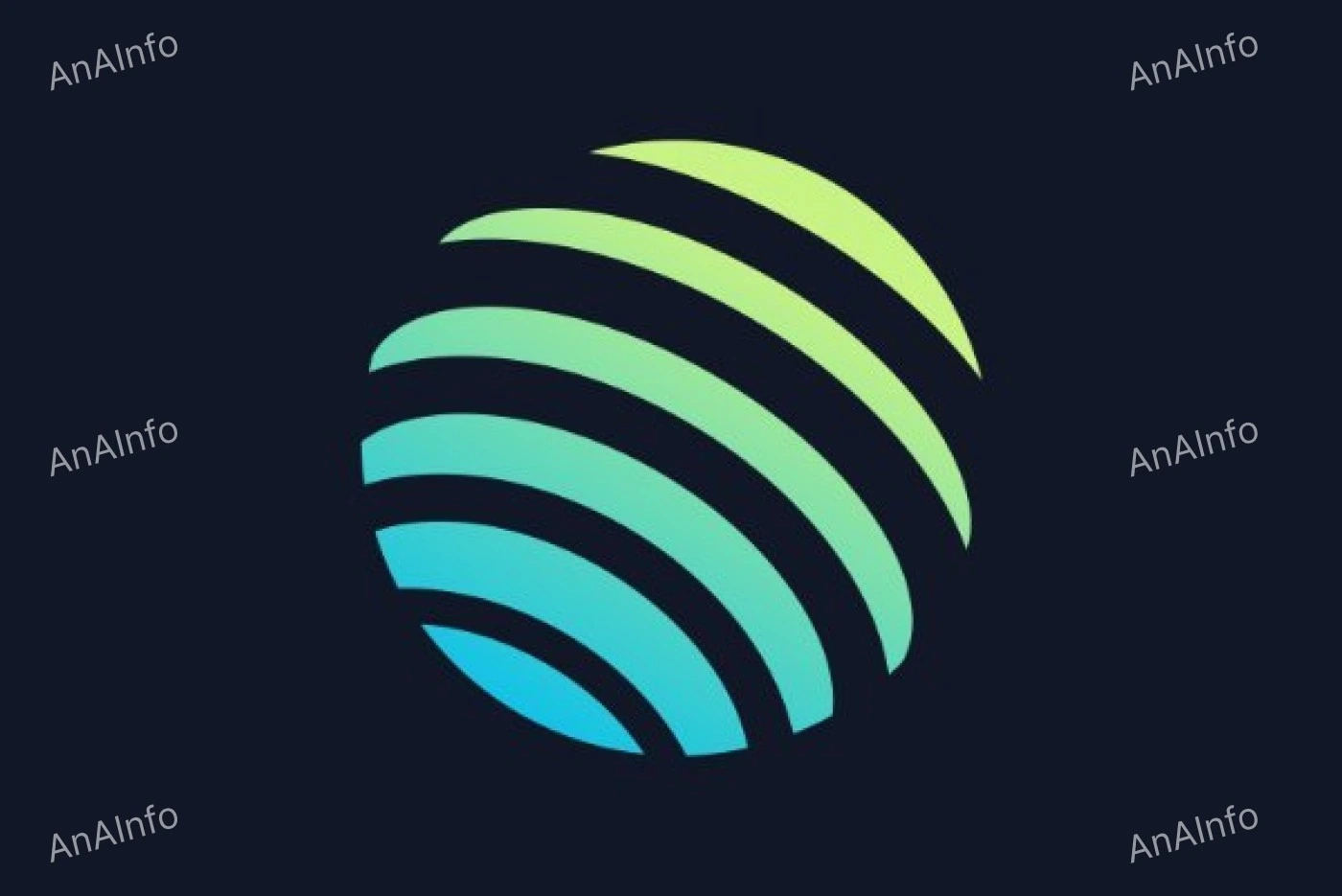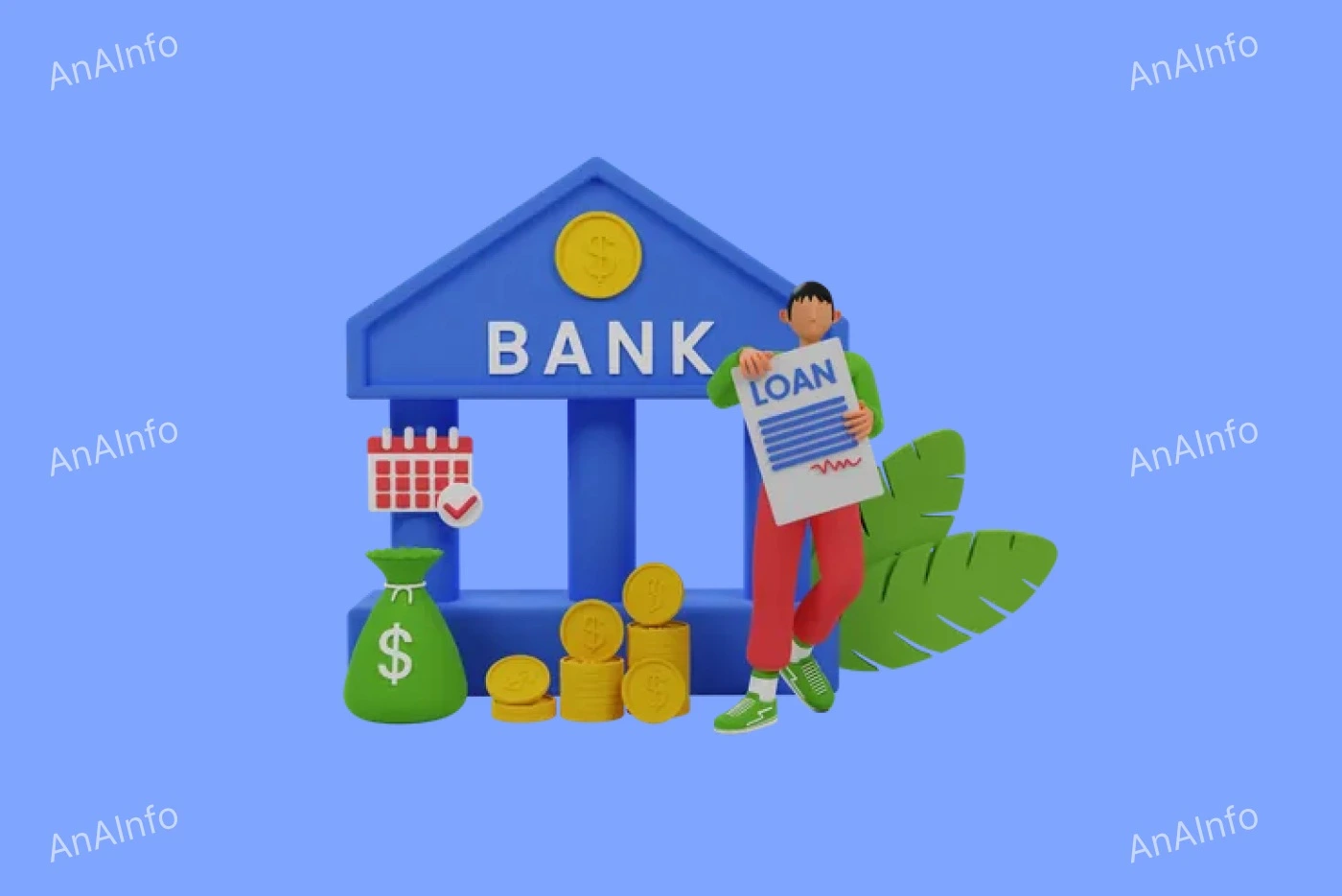The actual development of a dApp refers to decentralized applications, which run on blockchain networks and are made to use smart contracts to make the applications transparent, secure, and controlled by the users themselves. Unlike the traditional applications, dApps do not depend on central servers.
The users interact with the application; thus, they own data. Development involves feature sets based on specific use cases, that is, cryptocurrency transactions and user authentication, along with customized storage of data. DApp development helps create new software in a very different way while allowing trust and security to be enhanced across various industries for users.
Features of dApp Development
Decentralization: The dApps are decentralized as they don’t need the responsibility of any centralized authority or a server because they are established on a blockchain network.
Smart Contracts: It offers smart contracts that run automatically and with transparent transactions.
User Control: Since full control of one’s data and digital assets is directly with the users, making them more private and secure.
Open Source: Most dApps are open-sourced and thus developers can come and collaborate for improvements in the application.
Token Integration: dApps usually come with native tokens that can be used for making transactions thereby encouraging more participation of users in the whole ecosystem and keep using such applications.
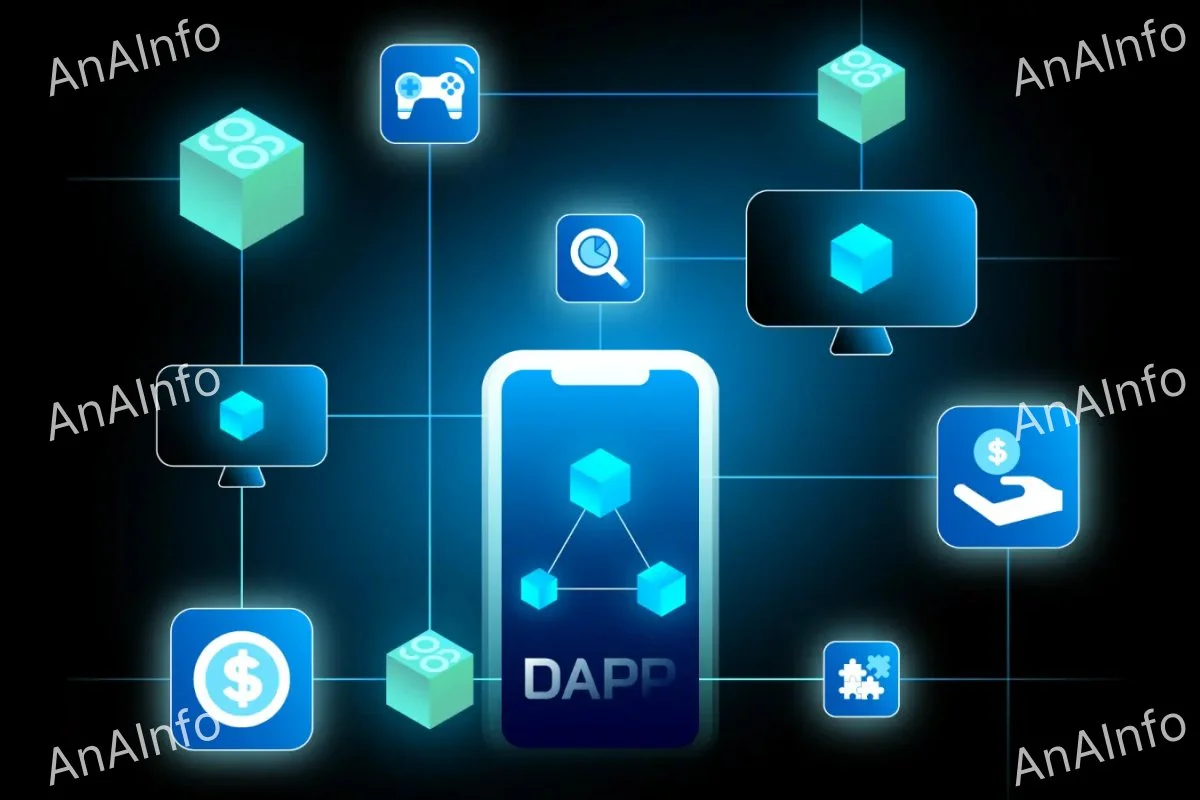
Interoperability: Such applications interact with other dApps as well as blockchain networks, therefore, bringing a larger ecosystem into operation.
Better Security: Data is dispersed on the blockchain that renders better safety against hacks and data breaches.
Resistance towards Censorship: dApps are less prone towards censorship due to their distributed nature over various nodes in the network.
Transparency: Operations as well as actions carried on the blockchain are visible and auditable to the users.
Community-driven: most dApps stimulate community contribution to development and governance, thereby increasing the use of participation.
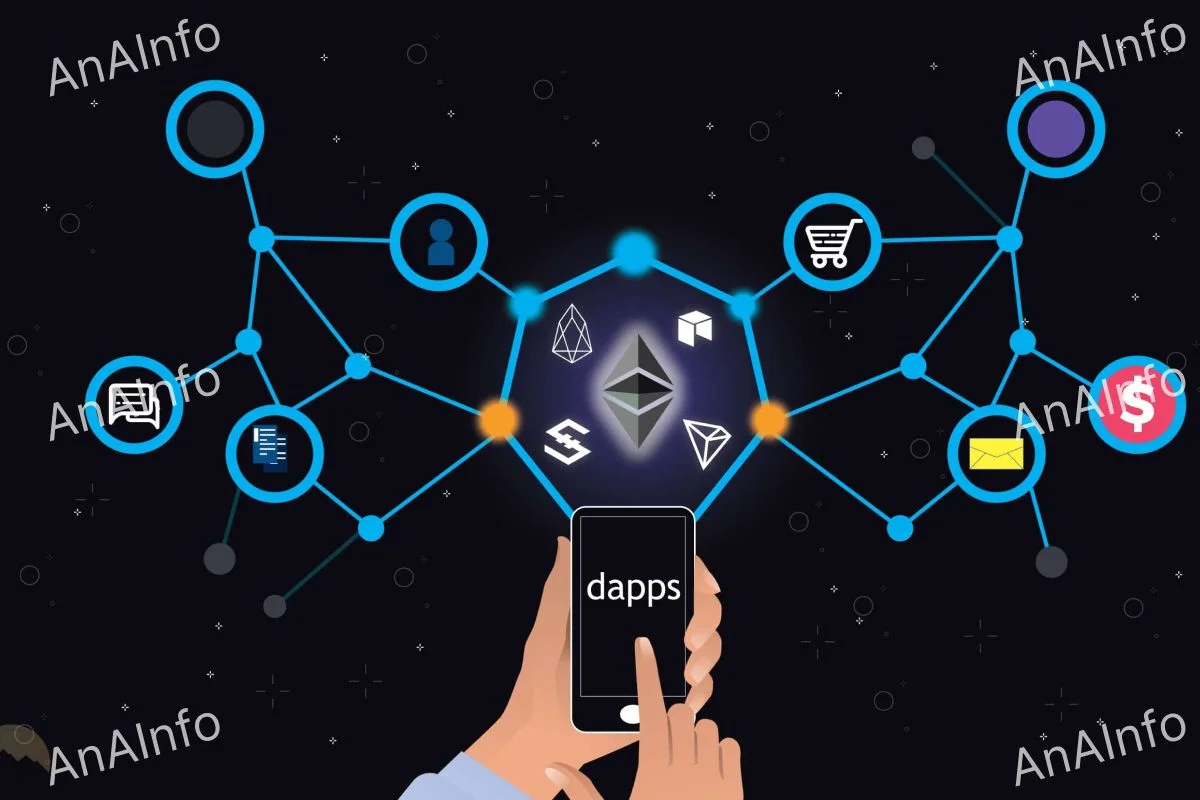
Benefits of dApp Development
- Decentralization: It reduces the dependency on central authorities. So, users are also in control.
- Security: Since data is distributed in the blockchain, this is considered to be highly secure.
- Transparency: All the transactions that happen are stored in the blockchain. This builds trust and shows the true state of things that happened.
- User Ownership: A user owns his data and digital assets. So, he can have maximum privacy.
- Lower Costs: It eliminates all the intermediaries. So, fees and operation costs are lower.
- Resistance to Censorship: There is little scope for censorship. It becomes free-accessible.
- Global Accessibility: It can be accessed from everywhere around the globe. Thus the number of users is higher.
- Community Engagement: The users will be involved in their governance and decision-making process.


